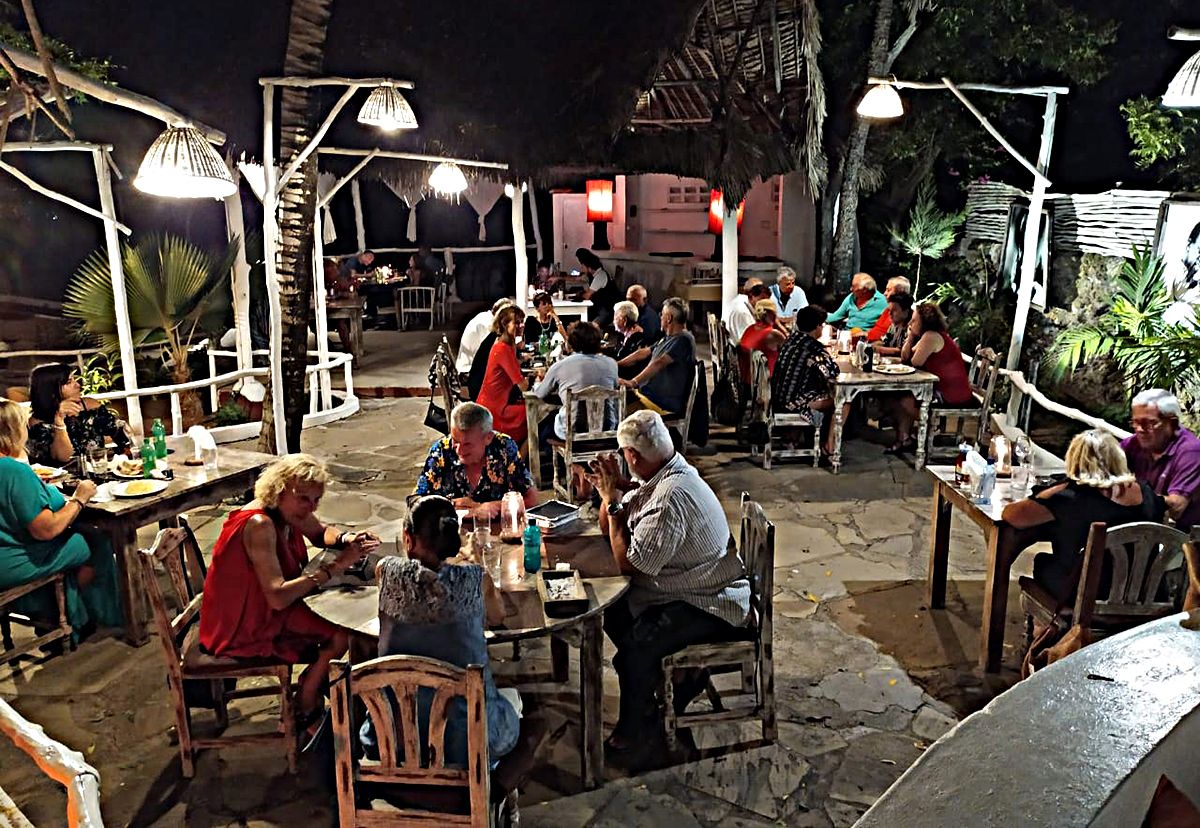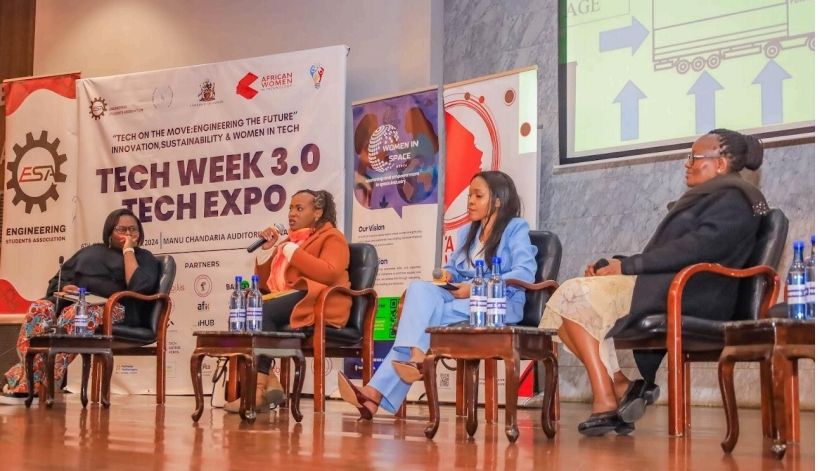Nanjala Who was Raped by Her Father Seeking Justice
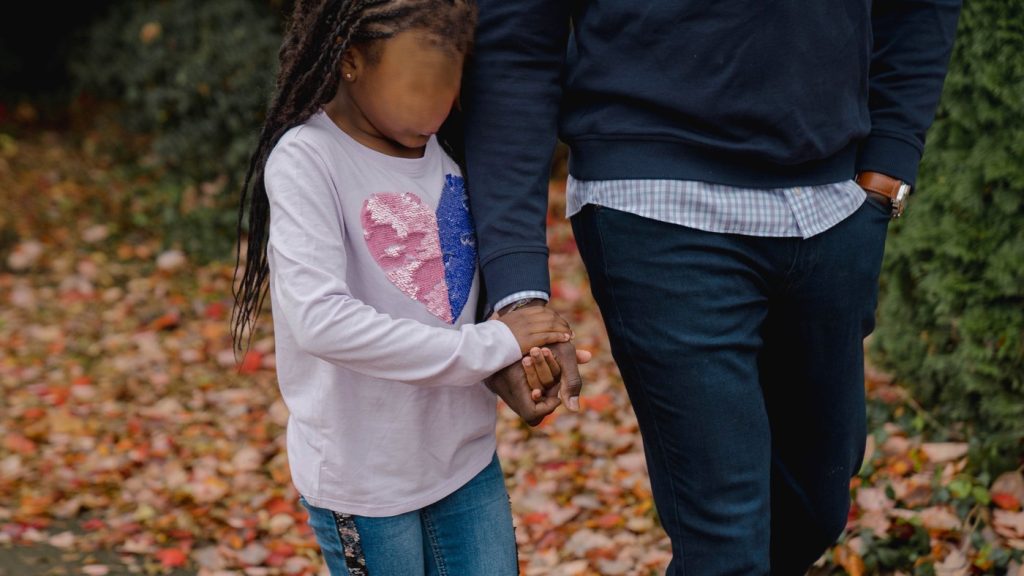
By Meresia Aloo
Approximately 20 kilometers from the Khayega stage is the Shinyalu Model Health Centre in Isukha Central (Shinyalu Market) in Kakamega County.
On a typical day, patients who arrive here for treatment live in the rusty, dusty village of Shinyalu.
Today, Nanjala(not her real name) is among the patients who have arrived at the maternity wing for the clinic’s routine health checkup of her 8-month pregnancy journey. Through strength and resilience, she narrates to us where it all began.
“My biological parents had separated, and I had been living with my grandmother in Malava. During one of the school holidays, I visited my cousin. Upon my return home, my biological father, my dad, randomly approached me and convinced me to go with him to Nairobi. After that, he promised to take me to a boarding school, which I admired since childhood. Little did I know I was jumping from hot soup to a blazing fire.” She says.
According to her, things went well during their stay in Nairobi. She was surprised to learn that her father had remarried another wife but later separated due to relationship woes, forcing Nanjala’s father to flee with her to a new house.
“At this point, we moved to a single room with him until I began noticing strange characters from him; however, I persevered because he was paying my boarding school fees. So even when he defiled me for the first time at 16 years old, I persevered and continued to live with him, not knowing he would come back and defile me again and, worst of all, nightmares leave me pregnant. When I mentioned it to him, the only response I got was, “I WILL SEE WHAT TO DO. “After about six months, I reminded him again, and he threatened me with a knife, and I had to run for my lie.”
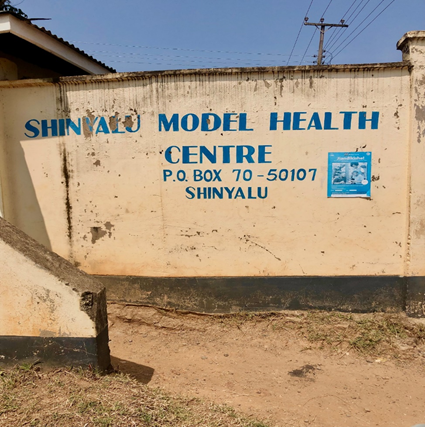
At first, Nanjala was afraid to report the issue to the police, fearing that her father would stop paying her boarding school fees and that if it happened, it would keep her out of school and ruin her future aspirations of becoming a lawyer.
Better late than never, Nanjala later gained courage and opened up to a Good Samaritan who rescued her on the verge of suicidal thoughts.
When I ran away from Dad, I ended up at a river, and suicidal thoughts started crossing my mind. I could not picture narrating my story to my grandmother, and I was afraid she would escalate it to everyone in the village. Therefore, when I was almost jumping in the river, a Good Samaritan showed up, and long story short, today I am here.”
Although Nanjala reported the case to Malava Police Station and now lives at a shelter in Shinyalu Constituency, she is still not confident that she is safe, as she leaves the shelter occasionally for maternity check-ups. She now wants her father arrested and brought to book.
I want my father arrested and pay for everything he has done to me. If he’s left to continue walking scot-free, I am afraid he might do that to another girl, which won’t be good. As for me, when I finally receive my baby, I want to go back to school and be a lawyer so I can handle such cases.
The legal system,through high Court Advocated Peter Koira Kimani has condemned the matter and called for immediate arrest of the perpetrator.
“It’s a travesty of justice and an indictment to the ministry of interior that the issue having been reported, the perpetrator still remains at large and a testament that our security personnel continue abating these crimes by their inactions. I call upon the all stakeholders within the criminal justice system to demand the immediate arrest of the perpetrator as well as the C.S incharge of interior to investigate the police to whom the report was made and where it becomes abundantly clear that they abandoned their duty, appropriate action to follow which which include dismissal and prosecution at the very bear minimum.

Meanwhile, according to a medical practitioner at Shinyalu Market who works closely with Marie Stopes, Nanjala’s case is just but one among many other teenage pregnancy cases that they receive daily. In July, the clinical officer recounted that he received four critical cases of teenage pregnancy.And while this is the case, he affirmed that teenage pregnancy is rampant in the Shinyalu area.
“There are several cases which we receive on teenage pregnancy. That’s why we have a GBV Centre. Every month, we can’t miss one or two cases. The summary of last month consisted of about 15 claims of defiled clients. And some of them were pregnant.” A clinician who did not want his name revealed.
Speaking on the issue advocate Peter Koira Kimani, Advocate Peter Koira Kimani, who specializes in public law and family matters, noted that the legal system abhors instances of a father defiling his daughter. He noted that “We are concerned that such cases still persist despite the existence of a robust Constitutional framework that calls for the protection of children and the sexual offences Act which places penal sanctions against such cases.”He said.
According to a 2020 report by the Ministry Of Health, the Republic of Kenya was ranked at position 3 in teenage pregnancy worldwide. This suggests that one in every five adolescents aged 15- 19 are already mothers or pregnant with their first child.
The 2022 Kenya Demographic Health Survey on Teenage Pregnancy reports that 15 % of adolescent women aged 15-19 in Kenya have experienced pregnancy. Of these statistics,12 percent have successfully delivered their children and 1 % of them have had a pregnancy loss. Conversely, 3% are currently pregnant with their first child.
With these statistics in place, Kakamega County’s health department says, the County has experienced a significant decline in teen pregnancy rates, with a 38.7% reduction in teenage pregnancy over the past four years.
Worthy to note is that as more teenage girls become more empowered with education, the likelihood of being pregnant decreases.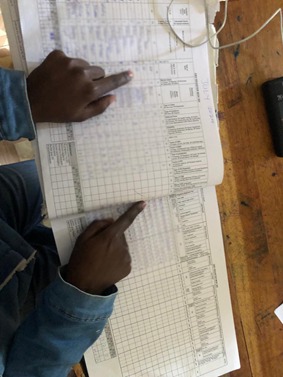
Milly Odhiambo, the Suba North Member of Parliament, has steadfastly advocated for implementing the Family Reproductive Healthcare Bill 2023. Her efforts in parliament, particularly in tandem with the Assisted Reproductive Technology Bill 2022, have been instrumental in pushing this Bill forward.
In 2019, the Bill was referred to as the Reproductive Health Care Bill and was sponsored by Nakuru Senator Susan Kihika.
The Bill sought to make prenatal delivery and postnatal services accessible to every woman in the country. He was withdrawn in 2020 to ensure more public participation, recognizing the importance of everyone’s voice in shaping our healthcare system.
It was also geared towards repealing the inconsistencies in the penal code. (158-159-160)
In 2023, the Bill was later reviewed to become the Family Reproductive Healthcare Bill 2023, a significant step towards improving health services and rights in Kenya, offering hope for a brighter future.
As she pushes for this bill to advocate for teenage girls like Naliaka, She notes that access to information is the greatest hindrance to reproductive health awareness.
“People often die due to a lack of access to information, and the Bible even tells us that “my people perish because of a lack of knowledge.” Many young people today face challenges, and it seems that some older generations want to pretend they are unaware that these young people are having sex, often unprotected.” She said, “While it is important to teach and promote abstinence to our children, we must also consider how we can protect them from sexually transmitted infections (STIs) and uni+++=ntended pregnancies. A crucial part of this effort is ensuring they have access to accurate information and healthcare. Therefore, enhancing access to information and health resources is paramount.” She added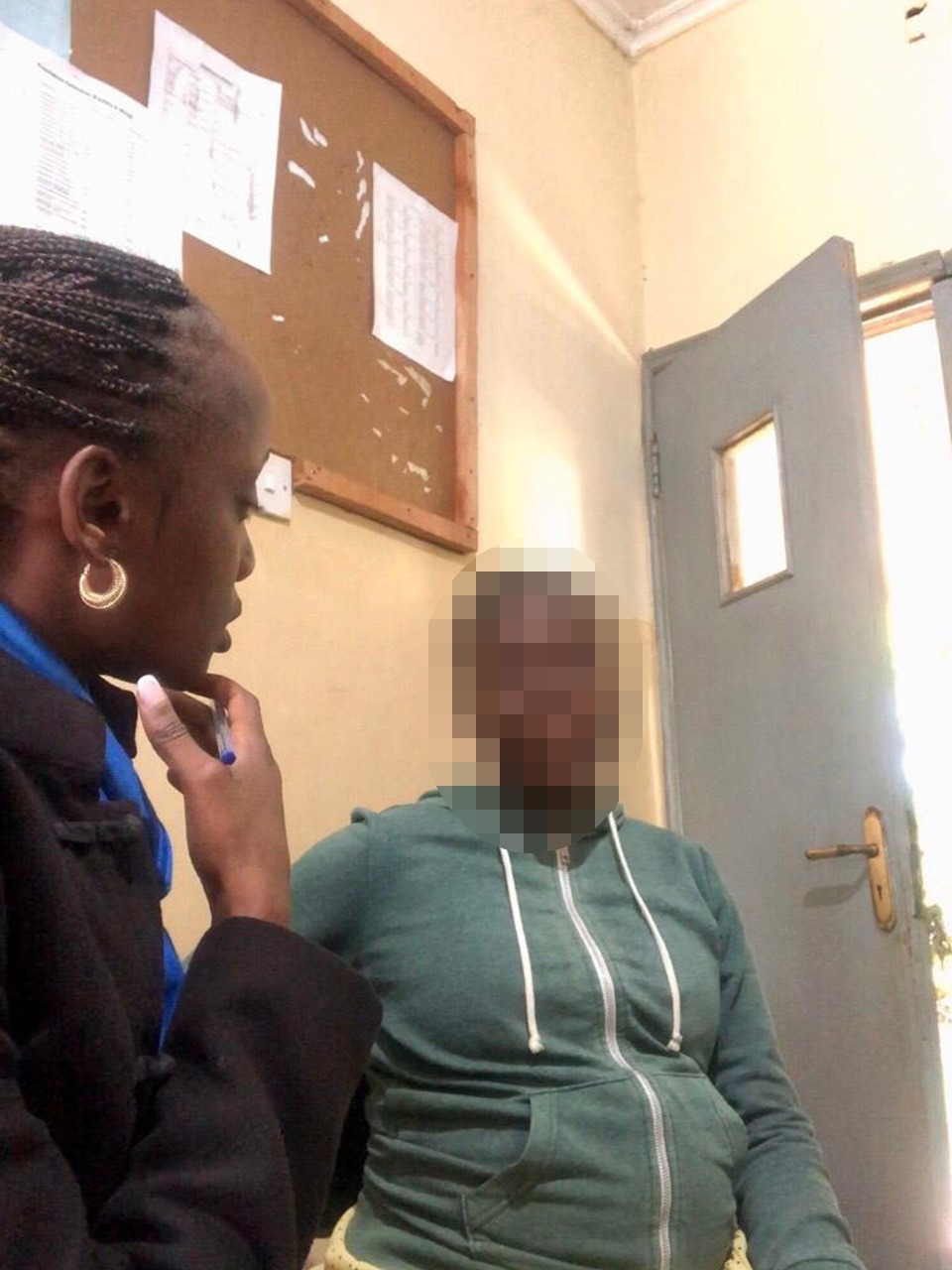
As the Bill remains in its proposal stage, any further delays in its drafting could result in the loss of more lives. The urgency of implementing this Bill must be balanced.




